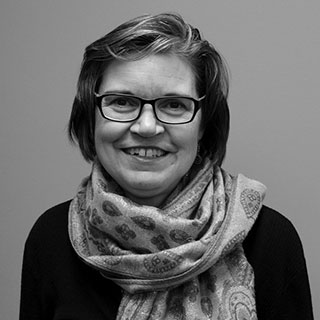
Gratitude Writing
Gratitude writing can be beneficial for your life. Find out more about incorporating this practice into your daily life. A simple start to practice gratitude is by writing your own gratitude acrostic.

Research on Gratitude Writing
In recent years there has been much research done on gratitude, especially by two psychologists, Dr. Robert A. Emmons of University of California and Dr. Michael E. McCullough of University of Miami. Some of the interesting discoveries were that people who wrote about things they were grateful for each week, were more optimistic and felt better about their lives. In addition, Dr. Joel Wong and Dr. Joshua Brown at Indiana University found that gratitude writing can be beneficial not just for healthy individuals but also for those who struggle with mental health concerns.
A Gratitude Acrostic
Isn’t it wonderful that God provided for us the Psalms as a means of both expressing our negative feelings AND as a means for us to express praise and gratitude to God – even in difficult times!
I think of it like this: Gratitude is about having a GRateful ATTITUDE towards God - our Creator, Saviour, and Lover! This acrostic below can remind us that the focus of our gratitude as Christians is God - not just the things we have received from God.
Practice Gratitude Writing
Do you want to include more gratitude in your life? Try incorporating gratitude writing into your daily life. You could start by writing a sentence or two to correspond with each of the letters in the word "GRATITUDE".
Practice gratitude in your own life. It will make a difference!
 Anna Marie is a Missionary & Clinical Counsellor with the MORE Network. She has been married to Doug for 40+ years, has 2 children and several grandchildren and lives in Vancouver, BC. She has provided counselling and Member Care in Asia for 12 years in several locations. Her passion is to help missionaries and their families through grief, pain and loss while in various stages of transition. She understands just how difficult it can be transitioning in and out of cross-cultural ministry. She holds a nursing degree (BScN) and counselling degrees (Master of Arts in Counseling) and is recognized as a Registered Clinical Counsellor and Canadian Certified Counsellor.
Anna Marie is a Missionary & Clinical Counsellor with the MORE Network. She has been married to Doug for 40+ years, has 2 children and several grandchildren and lives in Vancouver, BC. She has provided counselling and Member Care in Asia for 12 years in several locations. Her passion is to help missionaries and their families through grief, pain and loss while in various stages of transition. She understands just how difficult it can be transitioning in and out of cross-cultural ministry. She holds a nursing degree (BScN) and counselling degrees (Master of Arts in Counseling) and is recognized as a Registered Clinical Counsellor and Canadian Certified Counsellor.